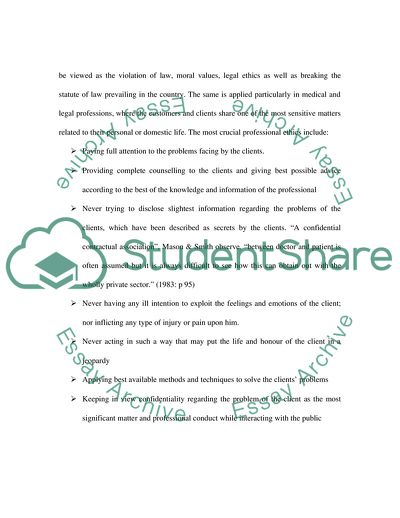Cite this document
(Medical Law- Problem Question Essay Example | Topics and Well Written Essays - 2000 words, n.d.)
Medical Law- Problem Question Essay Example | Topics and Well Written Essays - 2000 words. https://studentshare.org/health-sciences-medicine/1721365-medical-law-problem-question
Medical Law- Problem Question Essay Example | Topics and Well Written Essays - 2000 words. https://studentshare.org/health-sciences-medicine/1721365-medical-law-problem-question
(Medical Law- Problem Question Essay Example | Topics and Well Written Essays - 2000 Words)
Medical Law- Problem Question Essay Example | Topics and Well Written Essays - 2000 Words. https://studentshare.org/health-sciences-medicine/1721365-medical-law-problem-question.
Medical Law- Problem Question Essay Example | Topics and Well Written Essays - 2000 Words. https://studentshare.org/health-sciences-medicine/1721365-medical-law-problem-question.
“Medical Law- Problem Question Essay Example | Topics and Well Written Essays - 2000 Words”. https://studentshare.org/health-sciences-medicine/1721365-medical-law-problem-question.


